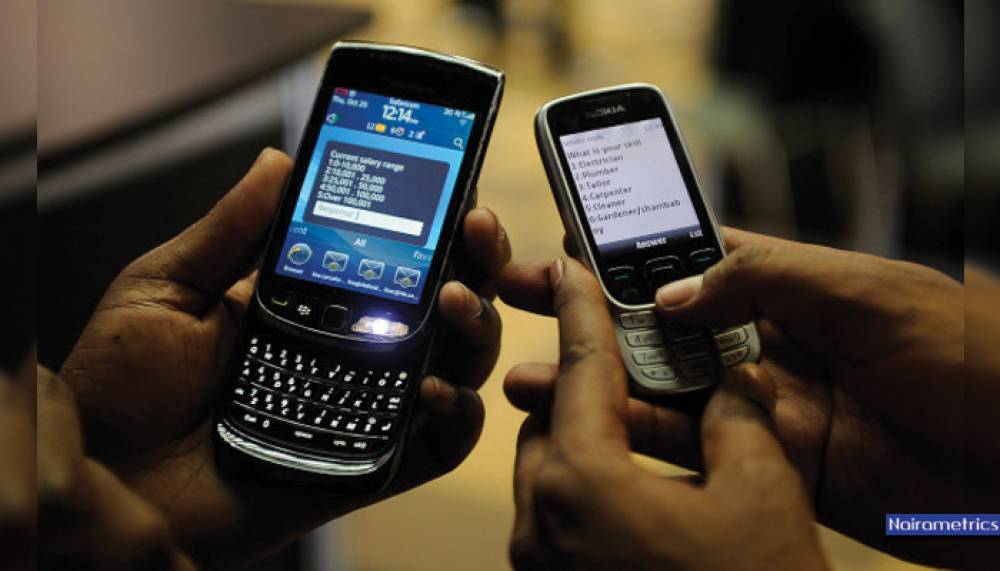
Growing Mobile Adoption In Nigeria Drove Digital Transactions To Record N23tn In June
Growing mobile adoption in Nigeria drove digital transactions to record N23tn in June
Nigerians are gradually shifting away from cash-based transactions and toward digital ones. The Nigerian Interbank Settlement System (NIBSS) reports that adoption of digital payment options, particularly mobile, has been growing at an exponential rate.
In June, the total volume of transactions processed through NIBSS instant payment (NIP) reached a record 287 million.
This is a 2.7 percent increase over the previous month and a 25% increase over the 228 million recorded at the start of the year.
Mobile adoption grew at the fastest rate, increasing 15.8 percent in the last month to an all-time high of 22 million transactions.
On the other hand, point-of-sale transactions increased by just 3.75 percent in the last month. However, when compared to the same period in 2020, its volume increased by an incredible 65.8%.
Similarly to volume, the value of transactions increased significantly, owing to the increase in channel counts.
Instant payments reached a yearly high of over N23 trillion, up 11.6 percent from N20.71 trillion in May and a whopping 88.5 percent from the same period in 2020, according to the NIBBS report.
According to a breakdown, the value of mobile transactions increased 14.5 percent in the month to 603 billion, while the value of point-of-sale transactions remained relatively stable at 503 billion, despite a 4.5 million decline during the month.
Analysing the numbers
The growth across digital channels confirms global reports that Africa, and particularly Nigeria, has one of the highest rates of digital adoption in the world.
This adoption is being accelerated by the country's young, mobile-first population, as well as the tailwind effects of digitalisation brought about by the COVID-19 pandemic.
More businesses are now going digital or digitalizing a portion of their operations in order to keep up with the new global trend. This has influenced how people make payments, as businesses can now accept payments via card, mobile, or point-of-sale.
For instance, apps such as Jumia Food and Bolt frequently offer discounts to users who pay directly through the app.
Similarly, startups like Flutterwave and Paysack have had a noticeable impact by providing cheaper and faster ways for small and medium-sized entrepreneurs to get online via their online storefronts.
Businesses on social media platforms such as WhatsApp and Instagram now have storefronts to which they can easily share links and receive payments electronically, eliminating the need for cash.
Paystack claims that its platform is used by over 40,000 businesses and that it pays out over $20 million in monthly revenue to them.
Another factor driving adoption is banks' push to get users to use self-service banking platforms such as USSD and mobile apps. For instance, GT Bank now educates customers on how to make payments, request cards, and other services via mobile apps rather than visiting physical branches.
Nigeria's narrative of being a cash-based economy is changing. The adoption of digital payments has accelerated dramatically over the last five years.
According to NIBSS, monthly digital channel usage increased from 45 million transactions worth N5.4 trillion at the end of 2017 to over 287 million transactions worth N23 trillion in June 2021. This represents a more than 530 percent increase over the last five years.
According to a breakdown, the volume of transactions increased by 104.6 percent between January and December of 2018. In 2019, growth remained robust but slowed to 75%. However, the numbers exploded last year, reaching a record annual increase of 137 percent.
At the current rate of growth, digital transactions are on track to reach 450 million per month by the end of the year.
In Conclusion
Mobile payments continue to be a significant contributor to electronic payments in Nigeria. This is unsurprising given the exponential growth of smartphone penetration.
Additionally, the success of fintechs such as Paystack, Kuda, and Flutterwave has aided in the adoption of digital payments.

